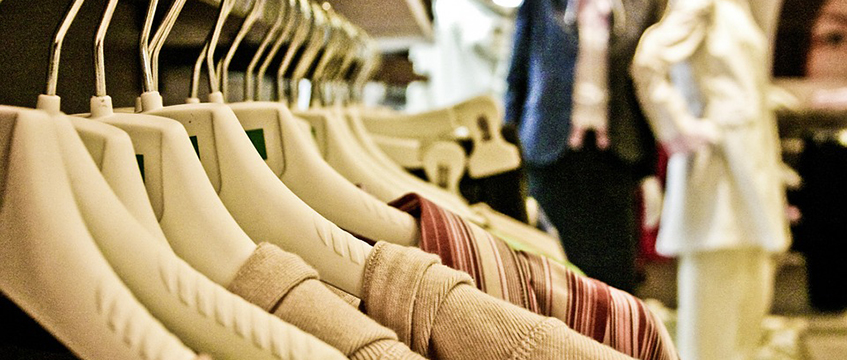What a sorry state of affairs Jaeger has ended up in after 133 years of trading in Britain, writes Deirdre Hipwell.
When Better Capital bought Jaeger, it was already struggling and suffering from years of under investment, but five years in the hands of Jon Moulton’s private equity group did not do much except almost completely finish it off.
Four of the trading companies of the fashion business are in administration, 113 employee so have lost their jobs and unsecured creditors to Jaeger are owed close to £50m. Most of this unsecured debt is inter-company debt – which will largely be written off and result in heavy losses for Better Capital – but at least £10m to £15m of that is owed to suppliers from all over the world. An administrator’s report by Alix Partners, filed at Companies House last week, showed that only creditors to Jaeger Company’s Shops Limited, the main trading company, can hope to make any recovery, albeit less than 2p in the pound.
It is an unfortunate end for a retailer which has been a household British brand for more than century and whose clothes were once worn by Audrey Hepburn and Marilyn Monroe, and even featured in Sir Ernest Shackleton’s Antarctic expedition.
So what exactly happened?
One market expert who has had close dealings with Jaeger said the brand was “so tired” by the time Better Capital bought it. He said the retailer also found itself in a no-win situation where it was heavily reliant on its store estate, having failed to properly develop its online retailing arm, but was lumbered with a shop portfolio that was too expensive to run: “Jaeger’s single biggest issue was its store estate and to be so reliant on that in this digital age was always going to be a problem. It frankly had also suffered from many years of neglect.”
The problems faced by Jaeger are probably well known to all, especially to those in the retail and property sectors, and it is not the first retailer to have been brought low by an unwieldy store estate and poor management. However, what is less clear is what exactly is going on at Jaeger since the administration and what future there is, if any, for the great Jaeger name.
What we do know is that Kings Landing Ltd, a Dubai-based vehicle that counts Philip Day, the founder of Edinburgh Woollen Mills, as one of a small handful of investors, bought about £33m of Jaeger’s debt from Better Capital. It is understood Kings Landing paid about £8.5m for that debt in a transaction that took place before Alix Partners was appointed as administrator. Separately, Kings Landing also bought the rights to the Jaeger brand from the former directors of Jaeger for £3m, again before the administration.
These two deals, which came after Better Capital had been trying to flog the business for more than a year, granted Kings Landing control of the chain and the right to licence the Jaeger brand in perpetuity. The Dubai vehicle did initially licence the brand to the former directors of Jaeger but after the parties failed to agree a new funding deal, administrators were called in and appointed to four of the chain’s trading companies.
Part of the Jaeger business is not in administration and Alix is continuing to run the stores that are still open and trading. I understand that Edinburgh Woollen Mill is in talks with the administrator and Kings Landing about licensing the brand and potentially even taking on about 20 or so Jaeger stores, assuming the landlords of those outlets can get on board with that. If that happens, Jaeger could maintain a visible, albeit much reduced, presence on the UK high street.
However, it is just as likely that the stores could close and Jaeger will exist as a brand in Edinburgh Woollen Mill’s outlets across the country. Day’s Edinburgh Woollen Mill has become a bit of a “curator of brands”, as one person dubbed it, having snapped up Austin Reed, Viyella and Country Casual in the past year alone.
In theory, a third party could approach the administrator and Kings Landing about striking a deal to licence brand and even take on some stores, but realistically it seems unlikely. The only show left in town is Edinburgh Woollen Mill and for the sake of this once-great British brand, let’s hope there is a deal to be done.
Deirdre Hipwell is retail and M&A editor at The Times











